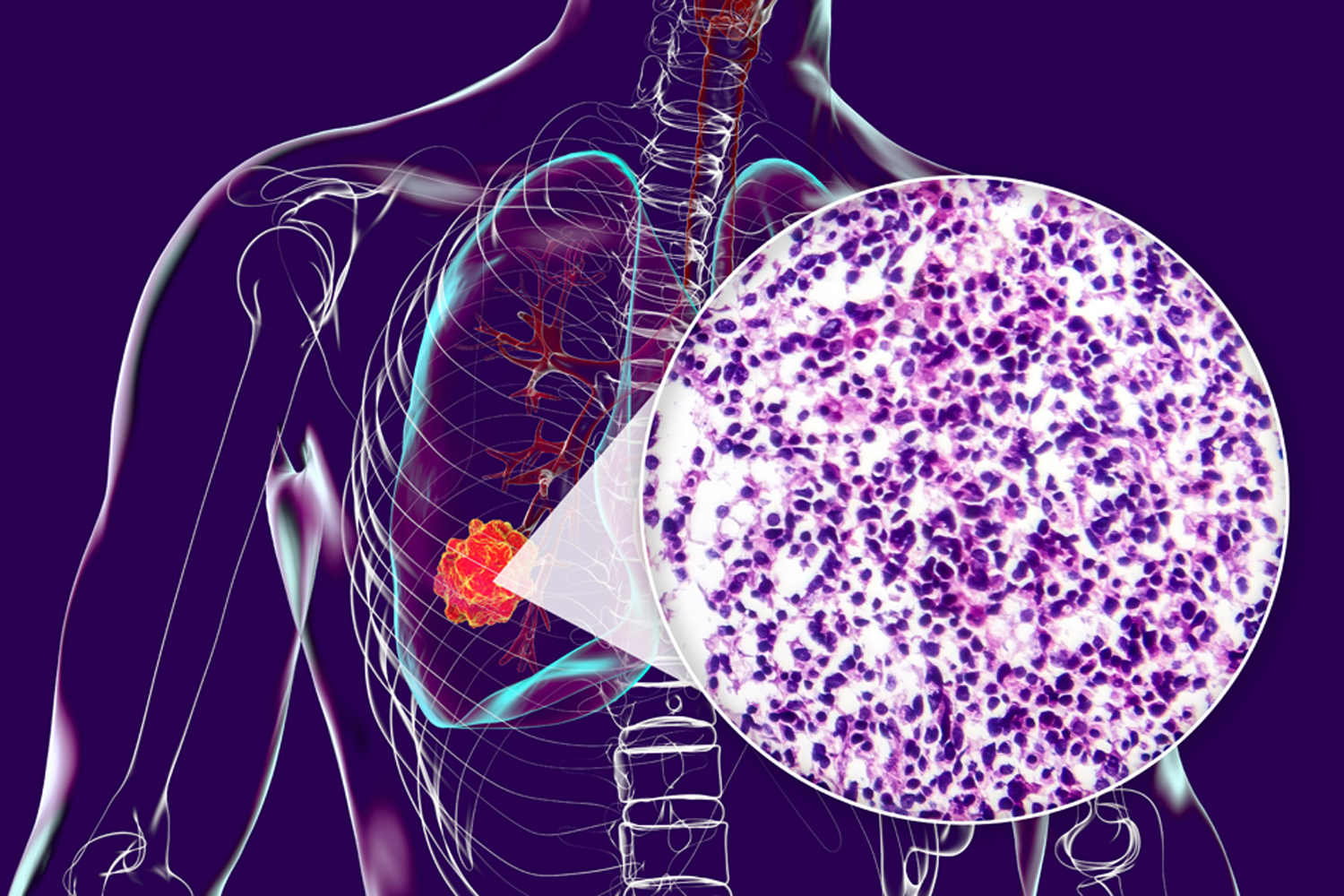-
Lung Cancer and Stigma
Clinical health psychologist Jamie Ostroff discusses how feelings of blame surrounding a lung cancer diagnosis affect physical and mental health.
by Jen Tota McGivney
-
New Rule Would Require Breast Density Disclosure
A proposed federal rule says that patients must be informed after mammograms if they have dense breasts.
by Carly Weeks
-
The Crowded Field of Checkpoint Inhibitors
Drug developers behind currently approved checkpoint inhibitors discuss the pros and cons of competition in the field.
by Kate Yandell
-
PARP Inhibitors in Pancreatic Cancer
Drugs that target DNA repair enzymes may provide alternatives to long-term chemotherapy for some patients with pancreatic cancer.
by Kate Yandell
-
Drug Costs and Cancer Care
Experts discuss the value of cancer treatments in a climate of rising drug prices.
by Kevin McLaughlin
-
What Is Hyper-Progression?
Some researchers believe that immunotherapy occasionally causes cancer to grow faster, a phenomenon dubbed hyper-progression.
by Kate Yandell
-
Risk Reduction, Clinical Trials Are Focus of Atlanta Community Event
Cancer researchers, patient advocates and community members gathered for a public forum presented by the American Association for Cancer Research.
by Kevin McLaughlin
-
March 29: The Week in Cancer News
Jury awards damages to man who says Roundup caused his cancer, the FDA proposes national standards for breast density notifications, and a physician questions whether patients with impaired renal function should avoid contrast-enhanced scans.
by Marci A. Landsmann
-
From the Editor-in-Chief
Why Are Liver Cancer Death Rates Up?Hepatitis C infection, obesity and alcohol can contribute to more cases of liver cancer.
by William G. Nelson, MD, PhD
-
Forward Look
Some Prostate Cancer Patients Face a Difficult DecisionSurgery and radiation have similar benefits but different side effects.
by Stephen Ornes
Cancer Talk
Lessons From 20 Years Living With Cancer
Multiple myeloma survivor Jonathan Gluck reflects on uncertainty, and the scientific progress that has kept him living with cancer for more than two decades.
by Eric Fitzsimmons
The Enduring Importance of Cancer Disparities ResearchOpening session from AACR conference highlights how perseverance and adversity have informed cancer disparities research over the years.
by Eric Fitzsimmons
Most Cancer Survivors Don’t Meet Healthy Diet GoalsDespite research linking fruits and vegetables to cancer survival, many people do not change their eating habits after diagnosis.
by Darlene Dobkowski
Many People Don’t Get Colonoscopy After Receiving Abnormal Blood TestsAbout half of people who receive abnormal results from colorectal cancer screening tests don’t follow up with a colonoscopy.
by Laura Gesualdi Gilmore















